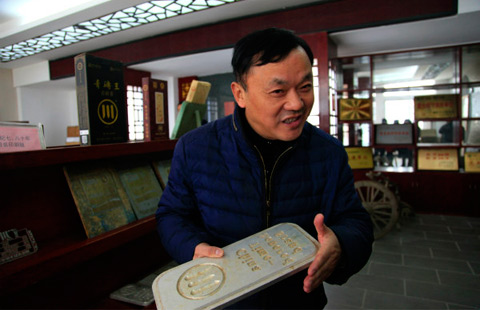Central bank injects more money to ease liquidity strain
BEIJING - China's central bank continued to pump money into the financial system on Friday through open market operations.
This marked the third consecutive day that the People's Bank of China has pumped funds into the market to ease a liquidity strain that has plagued the interbank market in recent days.
On Friday, the central bank conducted 160 billion yuan in seven-day reverse repos, 60 billion yuan in 14-day reverse repos and 25 billion yuan in 28-day reverse repos.
A reverse repo is a process in which central banks purchase securities from banks with an agreement to sell them back in the future.
With 240 billion yuan worth of reverse repos maturing on Friday, the central bank effectively pumped 5 billion yuan into the market.
On Wednesday and Thursday, the central bank pumped 90 billion yuan and 5 billion yuan, respectively, into the financial market to ease the liquidity strain.
The central bank has increasingly relied on open market operations for liquidity, rather than cuts in interest rates or reserve requirement ratios to maintain prudent monetary policy.
The benchmark overnight Shanghai Interbank Offered Rate (Shibor), a measure of the rate at which Chinese banks lend to one another and a key barometer of liquidity, ended its 16-day rising streak on Friday.
On Friday's interbank market, Shibor edged down 0.5 basis points to 2.32 percent. The Shibor for seven-day loans dropped 0.1 basis points to 2.501 percent. The Shibor for three-month loans rose 1.3 basis points to 3.0686 percent.
Analysts said liquidity is expected to remain tight in the near term, as China will continue to keep a prudent monetary policy.

















